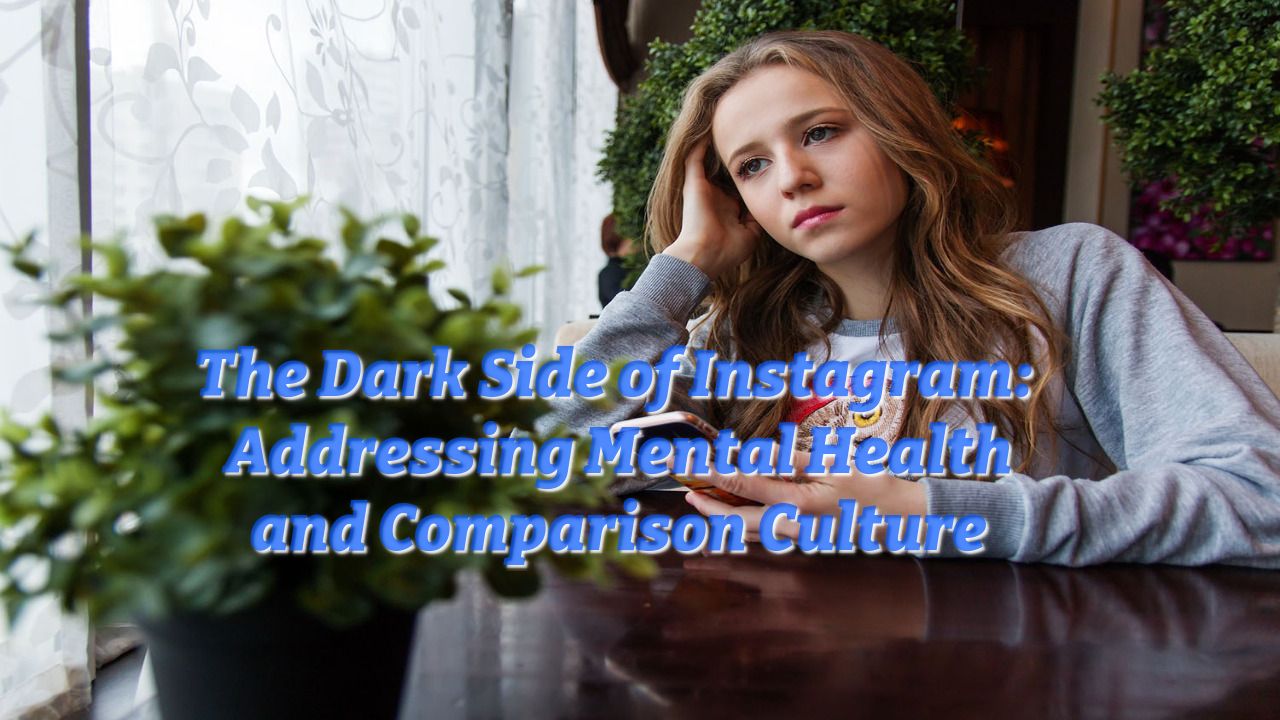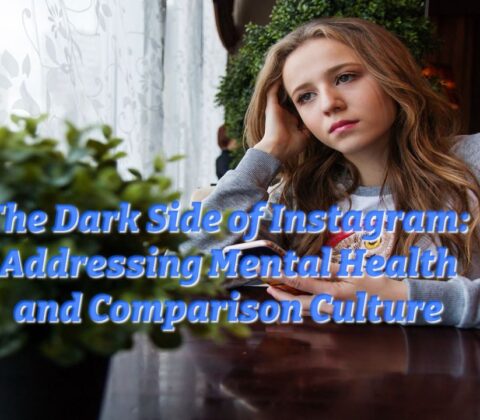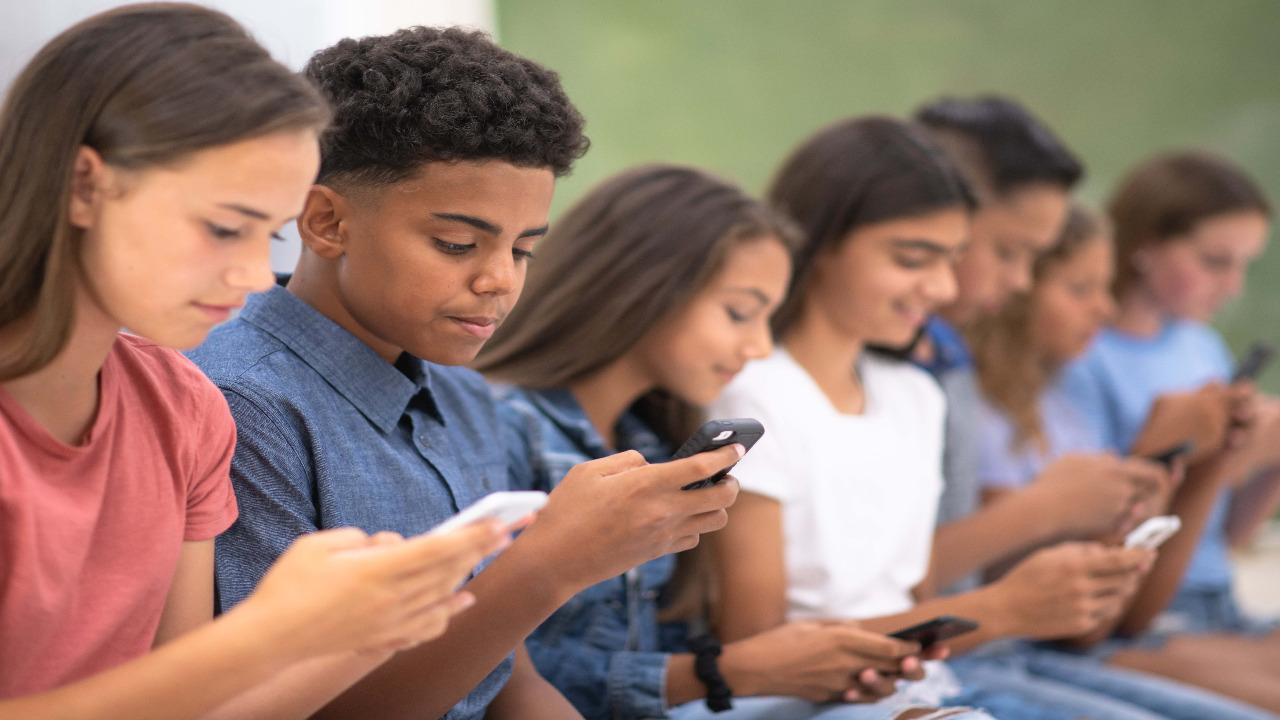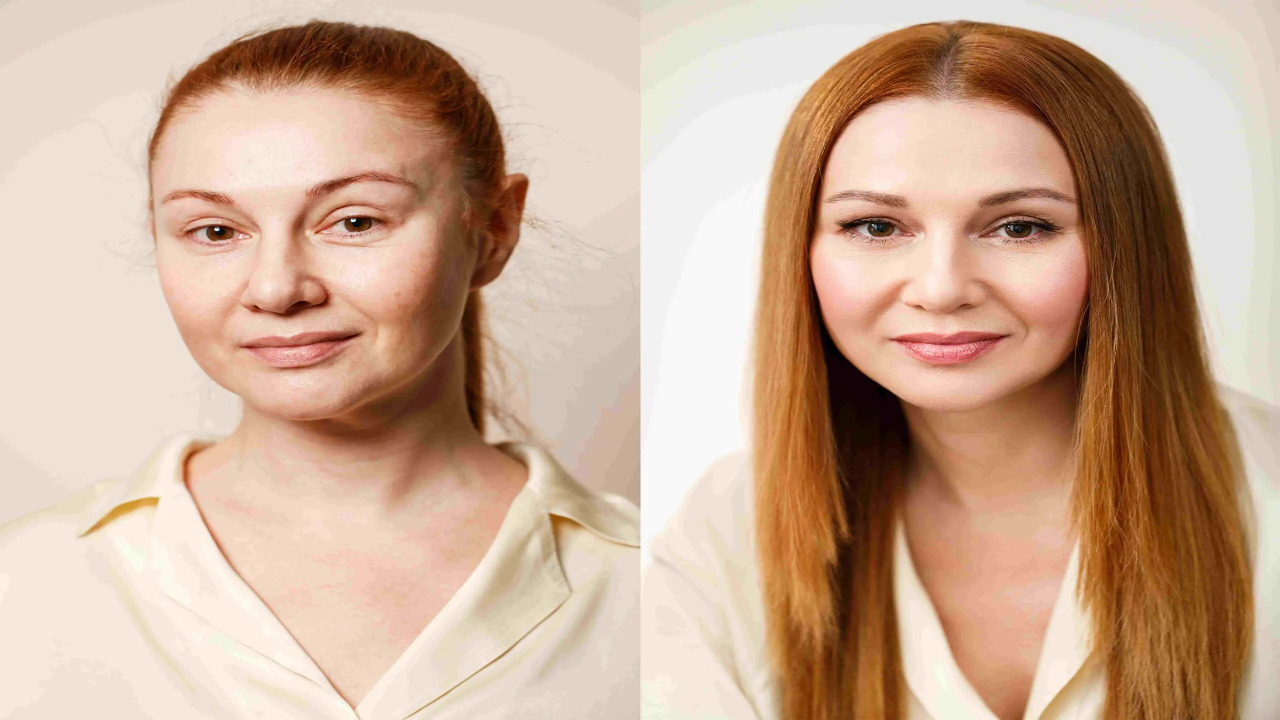

The Dark Side of Instagram: Addressing Mental Health and Comparison Culture
Over the past few years, Instagram has emerged as a leading social media platform, attracting a staggering number of users worldwide, with a user base exceeding one billion. While it offers a seemingly endless stream of beautiful images and captivating content, there is a darker side to this visually-driven platform. Instagram has been linked to negative impacts on mental health, largely due to the pervasive culture of comparison it fosters. In this article, we will delve into the harmful effects of Instagram on mental well-being and explore potential strategies to address this pressing issue.
The Perils of Comparison

One of the major contributors to the negative impact of Instagram on mental health is the culture of comparison it engenders. Users are constantly bombarded with carefully curated highlight reels of others’ lives, showcasing luxurious vacations, perfect bodies, and seemingly flawless relationships. This relentless exposure to idealized versions of reality can lead to feelings of inadequacy, low self-esteem, and even depression. Individuals often find themselves caught in an endless cycle of comparing their lives, appearance, and achievements to those presented on the platform, perpetuating a sense of dissatisfaction and unworthiness. However, if you don’t compare yourself with others, using SimplyGram is worth it.
FOMO and Social Isolation
The fear of missing out (FOMO) is another psychological phenomenon amplified by Instagram. As users scroll through their feeds, they are exposed to a constant stream of exciting events and social gatherings. This can intensify feelings of isolation and loneliness for individuals who perceive themselves as missing out on the fun and connection portrayed by others. The urge to be constantly present and participate in social activities showcased on Instagram can lead to anxiety and a compulsive need for validation. Paradoxically, this excessive focus on the virtual world can disconnect individuals from real-life interactions, exacerbating feelings of isolation and negatively impacting mental well-being. SimplyGram promotion service can help you boost your followers on Instagram. This will have positive outcomes in case you are not addicted to Instagram.
Unrealistic Beauty Standards and Body Image Issues

Instagram’s emphasis on visuals has contributed to the propagation of unrealistic beauty standards. The platform has become a breeding ground for influencers and models who often promote a narrow definition of beauty, perpetuating an unattainable ideal. This can have severe consequences on body image and self-worth, especially for impressionable users, adolescents, and individuals vulnerable to eating disorders. The constant exposure to filtered and photoshopped images can distort perceptions of what is normal or desirable, leading to body dissatisfaction, anxiety, and an unhealthy preoccupation with appearance.
Addressing the Issue
Recognizing the detrimental effects of Instagram on mental health, individuals, platform developers, and society as a whole must take steps to address this pressing issue. First, users should actively curate their feeds, unfollowing accounts that trigger negative emotions or promote unrealistic ideals. It is essential to remember that Instagram is a curated highlight reel, not an accurate representation of real life. Additionally, raising awareness about the negative impact of social media through educational campaigns can help users develop a more critical mindset when engaging with such platforms. Social media companies can play a significant role by implementing features that promote digital well-being, such as time limits, pop-up reminders, and content moderation, to reduce exposure to harmful content.
Conclusion
Instagram’s influence on mental health cannot be understated. The culture of comparison, fear of missing out, and unrealistic beauty standards perpetuated by the platform have detrimental effects on individuals’ well-being. However, by recognizing these issues and taking proactive steps, both as users and as a society, we can mitigate the negative impact of Instagram on mental health. It is crucial to foster a healthy relationship with social media, understanding that the images and stories we see are just a fraction of reality. By promoting awareness, critical thinking, and responsible usage, we can work towards cultivating a more positive and supportive online environment.

Comments are Disabled